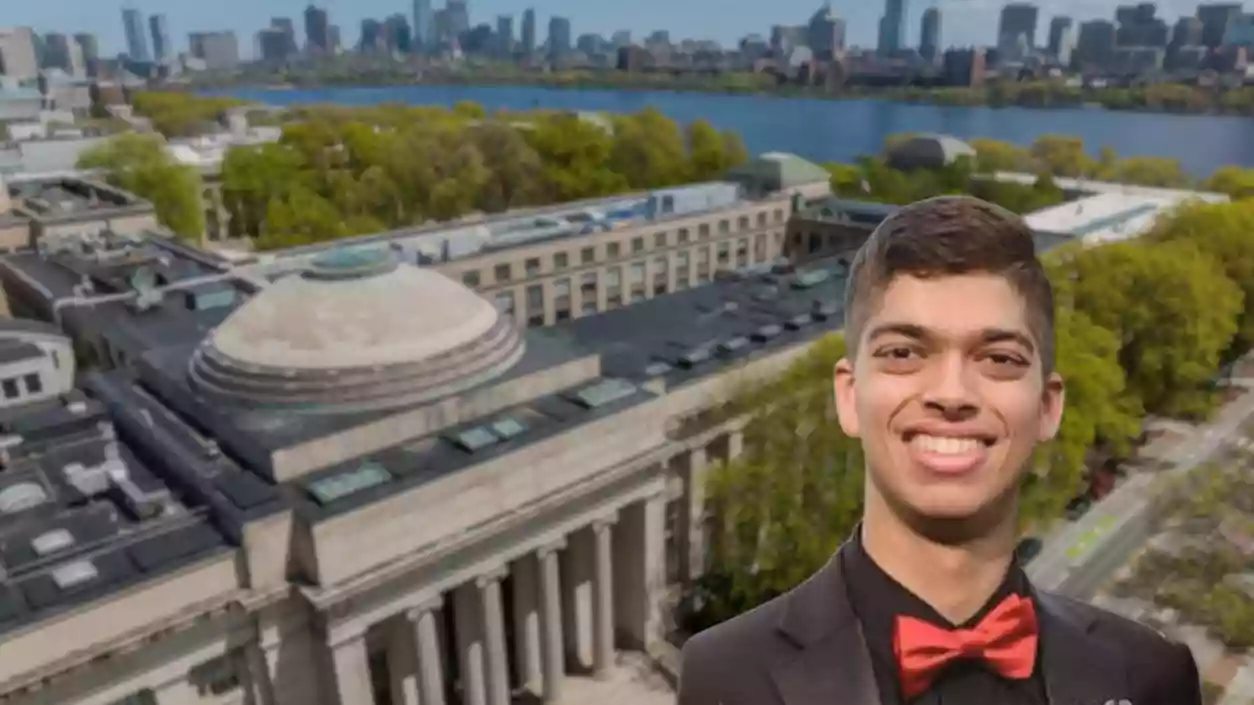No more bus racing, overtaking in Kolkata! new tracking technology introduced
.gif)
.gif)

The Massachusetts Institute of Technology (MIT) has suspended Prahlad Iyengar, an Indian-origin PhD student in the Department of Electrical Engineering and Computer Science, after his pro-Palestine essay was published in the student-run magazine Written Revolution. The suspension, which will last until January 2026, effectively terminates his National Science Foundation Graduate Research Fellowship, which was granted for five years. This suspension has raised concerns over its potential to end Iyengar’s academic career at MIT.
The essay, titled On Pacifism, was published in the October issue of Written Revolution, a multidisciplinary magazine run by MIT students. The administration of MIT criticized the language used in the essay, stating that it could be interpreted as calling for violent protests on campus. The article discussed the pros and cons of pacifism and argued that non-violent resistance might not always be the most effective strategy for the Palestinian cause. However, the administration specifically highlighted the article's content in relation to violent tactics as problematic.
In addition to the essay's language, the magazine issue contained images that featured a logo of the Popular Front for the Liberation of Palestine (PFLP), a group designated by the U.S. State Department as a terrorist organization. MIT officials emphasized that these images, which Iyengar did not submit, were included in the magazine’s issue and contributed to the decision to suspend him. The images, along with the essay's content, were seen as promoting or endorsing violence, which MIT deemed incompatible with its policies.
This is not the first time Iyengar has faced disciplinary action from MIT. He was previously suspended in 2023 for his involvement in pro-Palestinian demonstrations on campus, which were part of broader protests that took place at MIT in response to the ongoing Israeli-Palestinian conflict. Last year, he received informal warnings, but the recent suspension is viewed as a more severe response. MIT’s action has sparked a wider debate about the university's approach to student activism, particularly when it intersects with sensitive political issues.
Following the suspension, MIT also banned Written Revolution from distributing future issues on campus. In a communication sent to the magazine’s editors, MIT’s Dean of Student Life, David Warren Randall, stated that the content of the article, along with the imagery, violated MIT's policies. The university prohibited the distribution of the magazine both on and off-campus using MIT’s name or any MIT-recognized organization. This marks the first time that MIT has taken such a step in relation to a student publication.
Iyengar has stated that he plans to appeal the decision to MIT’s Chancellor in an attempt to reverse the suspension. If the appeal is unsuccessful, Iyengar will remain suspended until January 2026, with his fellowship terminated. The outcome of this case could have significant consequences not only for Iyengar’s academic future but also for the broader discourse on free speech and student activism in higher education institutions.